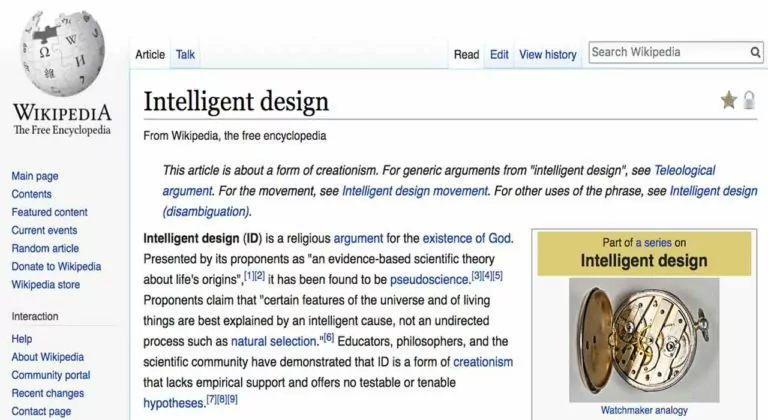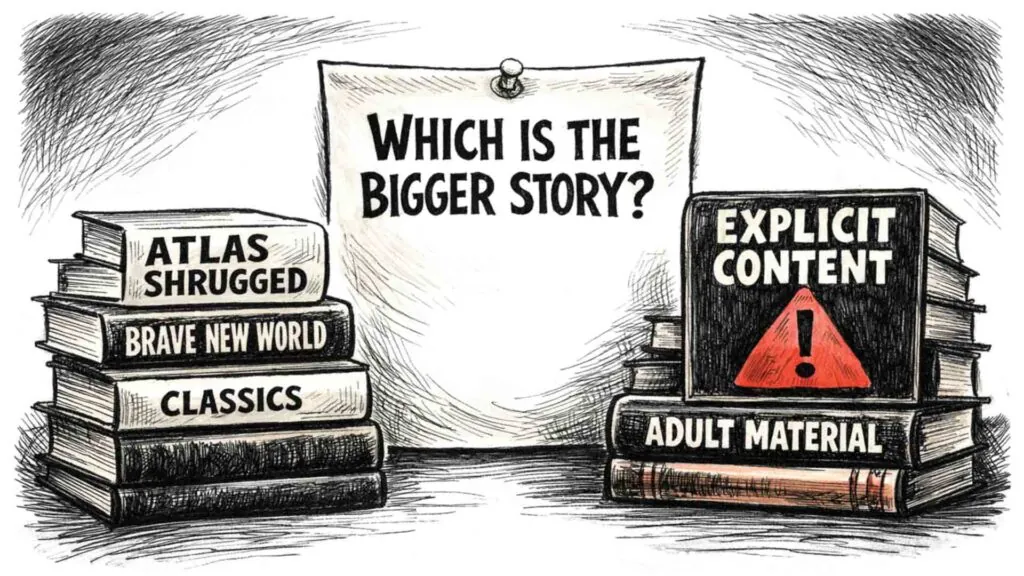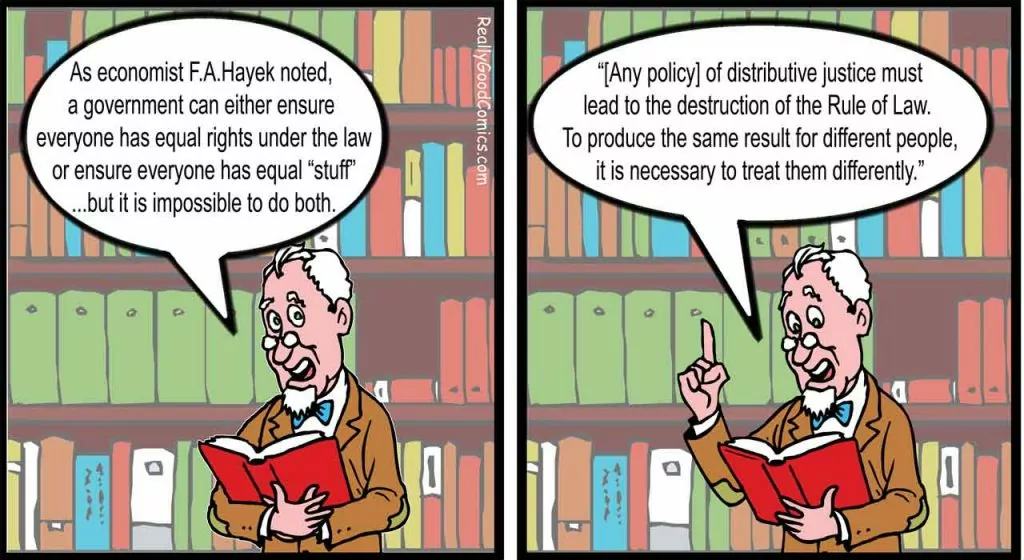I recently assigned a group of Grade 7-10 church history students a research project. I observed them as they began their work on their personal computers and for many their first stop was Wikipedia. On an average day, I would probably check something on Wikipedia myself at least two or three times. But who can guarantee that all the information on Wikipedia is accurate and unbiased? As it turns out, bias is also a problem on this website. And that’s particularly evident in the realm of controversial subjects like creationism and Intelligent Design (ID).
A recent example involved Dr. Günter Bechly, a paleontologist and entomologist affiliated with the Discovery Institute, an organization promoting ID. He is notable for his groundbreaking research on fossil insects. Wikipedia used to include an article about Dr. Bechly. However, it was deleted after prejudiced pro-Darwin editors decided he was not notable enough to be included anymore. Wikipedia is unreliable in terms of what it withholds from the public eye.
It’s also unreliable in terms of how it presents the material that it does include on ID. For example, the main article on ID (as of Nov. 13) asserts in the opening paragraph that ID is a “pseudoscience” and “a religious argument for the existence of God.” So Wikipedia prejudicially discounts any scientific basis for ID. Though pro-ID contributors have tried to edit the article (as anyone can normally do), the volunteer Wiki editors always switch it back or lock the article down.
Wikipedia can be helpful for checking basic facts like dates. But once one gets into areas of controversy or opinion, its usefulness and objectivity begin to diminish. The problem is that human beings edit it. And human beings all have that heart condition: notoriously prone to deceive and be deceived. While editors of the print encyclopedias of the past were not immune to this condition, because there was a monetary incentive involved there were more checks and balances. Today, more than ever, we have to do our own checking. Apply the wisdom of Proverbs 18:17, “The one who states his case first seems right, until the other comes and examines him.” Just because you read it on Wikipedia doesn’t make it true!
Dr. Bredenhof is the pastor of the Free Reformed Church in Launceston, Tasmania, and he blogs at Yinkahdinay.











